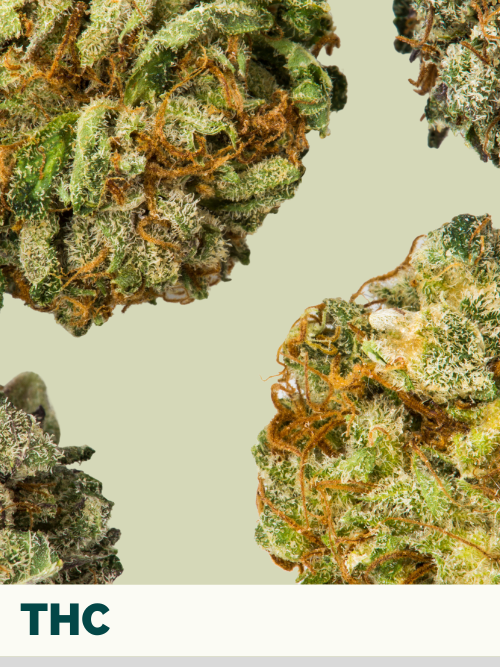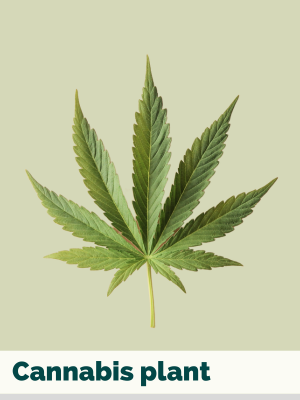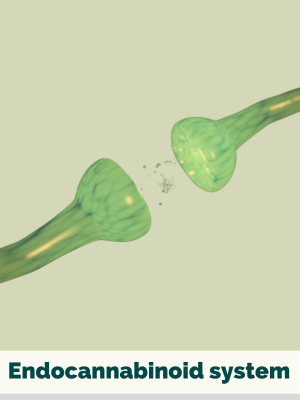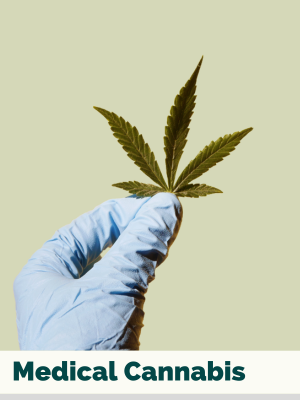Understanding the plant
Hemp
The term ‘hemp’ is used to describe non-psychoactive cannabis plants typically used for industrial applications. Hemp has been used for centuries for its many benefits.
Hemp can be used to make a wide range of products, including paper, textiles, building materials, and biofuels.
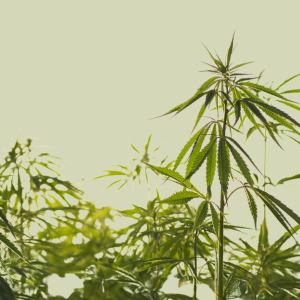
About hemp
Hemp is also rich in essential fatty acids, including omega-3 and omega-6, which are important for heart health. It also contains high levels of protein, vitamins, and minerals, making it a nutritious addition to any diet. Additionally, hemp has been found to have anti-inflammatory properties, which can help reduce pain and inflammation in the body.
It’s a fast-growing crop that requires minimal water and often no pesticides, making hemp a more sustainable option than other crops. It also has the ability to remove toxins from the soil through a process called phytoremediation, which makes it a useful tool for cleaning up contaminated areas.
Sustainability
Additionally, hemp has the potential to play a significant role in the UK’s efforts to reach net zero by 2050:
- Carbon sequestration: Hemp is a fast-growing crop that has the ability to sequester large amounts of carbon from the atmosphere. As hemp grows, it absorbs carbon dioxide from the air and stores it in its leaves, stems, and roots, which can help reduce greenhouse gas emissions.
- Sustainable agriculture: Hemp is a sustainable crop that can be grown without the use of pesticides and often without needing fertilisers. This reduces the environmental impact of agriculture and helps to promote sustainable farming practices.
- Biofuels: Hemp can be used to produce biofuels, such as biodiesel and ethanol. Biofuels are a renewable energy source that can be used to reduce dependence on fossil fuels.
- Construction materials: Hemp can be used in a range of building materials, including insulation, flooring, walls, roofs, and interior finishes such as tiles. The use of hemp-based building materials can help reduce the carbon footprint of the built environment.
- Plastic alternatives: Hemp can be used to produce bioplastics, which are a more sustainable alternative to traditional plastics. Bioplastics are biodegradable and can help reduce the amount of plastic waste that ends up in landfills and the ocean.

